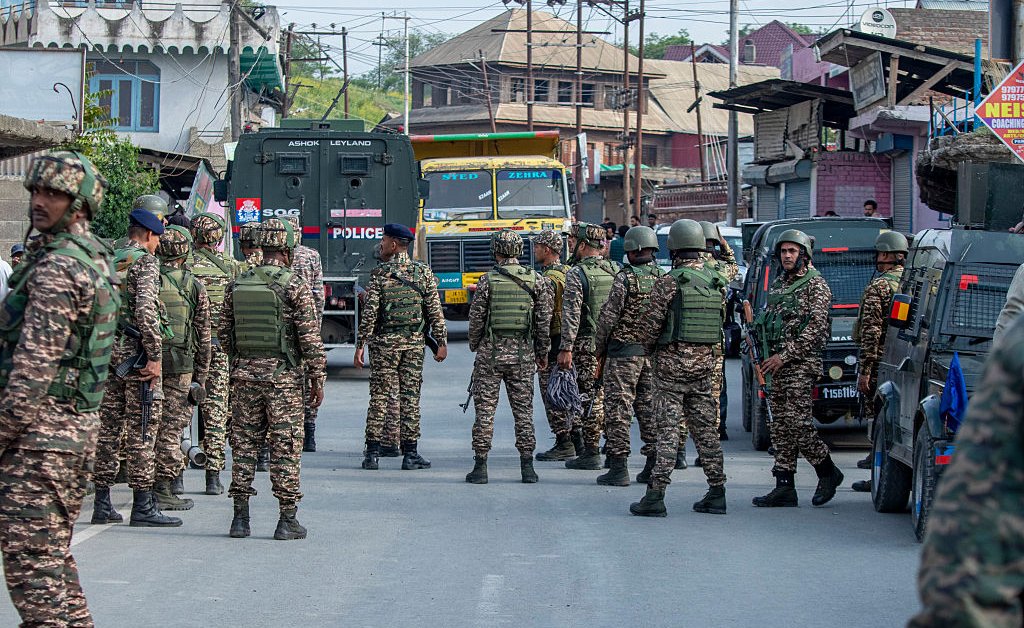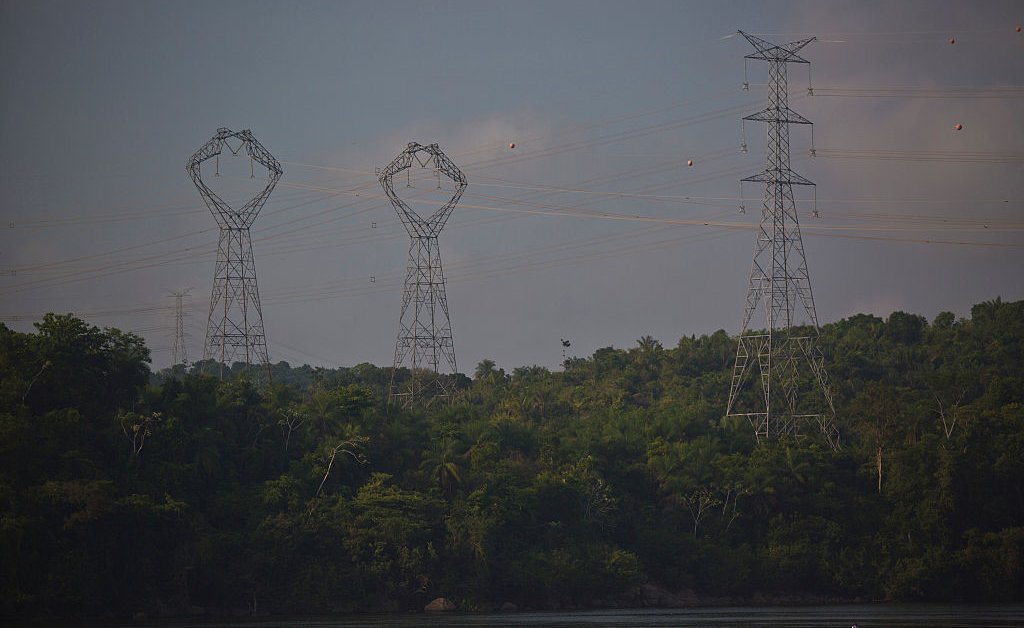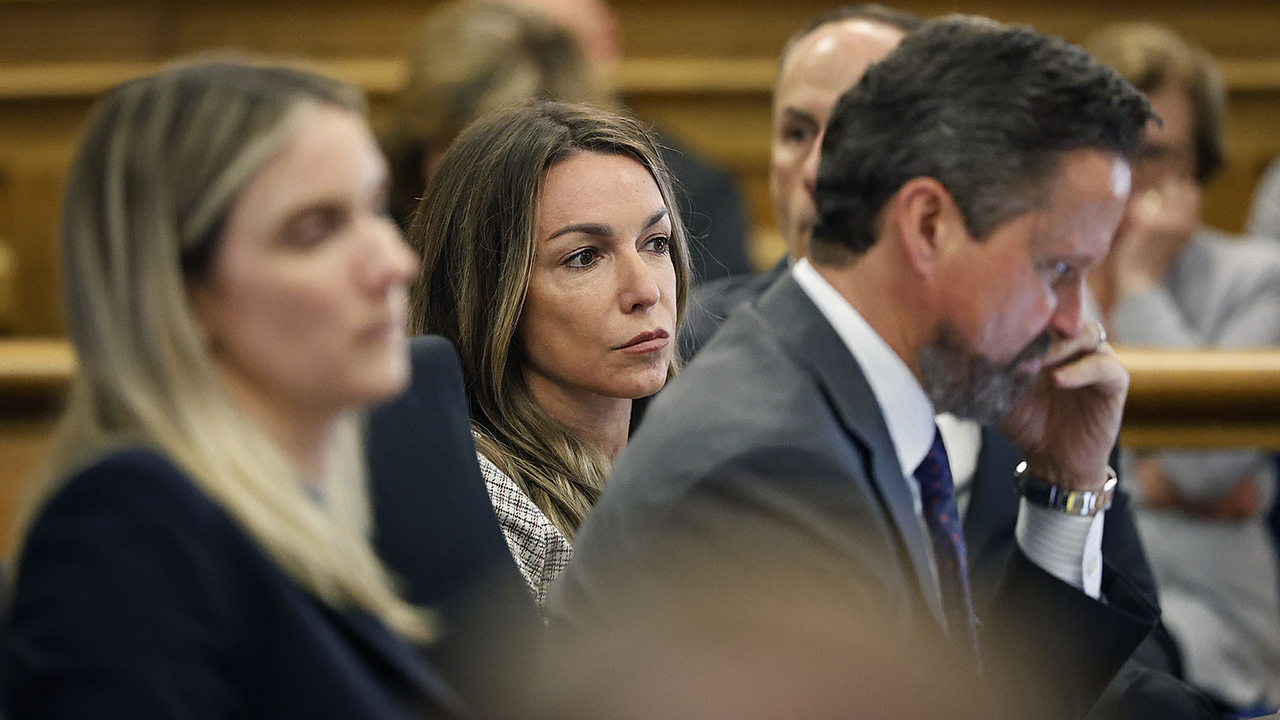Understanding The Kashmir Issue: A Timeline Of India And Pakistan's Conflicts

Welcome to your ultimate source for breaking news, trending updates, and in-depth stories from around the world. Whether it's politics, technology, entertainment, sports, or lifestyle, we bring you real-time updates that keep you informed and ahead of the curve.
Our team works tirelessly to ensure you never miss a moment. From the latest developments in global events to the most talked-about topics on social media, our news platform is designed to deliver accurate and timely information, all in one place.
Stay in the know and join thousands of readers who trust us for reliable, up-to-date content. Explore our expertly curated articles and dive deeper into the stories that matter to you. Visit Best Website now and be part of the conversation. Don't miss out on the headlines that shape our world!
Table of Contents
Understanding the Kashmir Issue: A Timeline of India and Pakistan's Conflicts
The Kashmir conflict, a simmering geopolitical powder keg, is a complex issue rooted in history, fueled by nationalism, and marked by decades of violence and unresolved disputes. Understanding its intricacies requires delving into a timeline that stretches back to the partition of India and Pakistan in 1947. This article aims to provide a concise yet comprehensive overview of the key events shaping this enduring conflict.
1947: Partition and the Genesis of the Dispute
The partition of British India into India and Pakistan in 1947 resulted in widespread communal violence and the displacement of millions. The princely state of Jammu and Kashmir, ruled by Maharaja Hari Singh, found itself at the crossroads. Its predominantly Muslim population contrasted with its Hindu ruler, creating a volatile situation. Initially, Maharaja Hari Singh chose to remain independent, but this precarious neutrality was shattered by tribal raids from Pakistan, leading to a request for Indian military assistance. This intervention solidified India's claim over Kashmir, a claim fiercely contested by Pakistan.
1948-1971: Wars and Ceasefires
The first Indo-Pakistani War (1947-1948) erupted following Pakistan's intervention in Kashmir. A ceasefire line, later formalized as the Line of Control (LoC), was established, but the issue of Kashmir's final status remained unresolved. The 1965 war, triggered by cross-border infiltration, ended in a stalemate, further solidifying the division. The 1971 war, stemming from the Bangladesh Liberation War, resulted in the creation of Bangladesh and a shift in the geopolitical landscape, but the Kashmir issue remained a significant point of contention.
1972-1989: Simmering Tensions and the Rise of Militancy
The Shimla Agreement of 1972 attempted to improve relations between India and Pakistan, but the Kashmir issue continued to fester. Throughout the 1980s, tensions simmered, eventually leading to the eruption of a full-blown insurgency in Indian-administered Kashmir in the late 1980s. This insurgency involved various militant groups, often with alleged support from Pakistan, fighting for Kashmiri independence or accession to Pakistan.
1990s-2000s: Escalating Violence and Peace Initiatives
The 1990s witnessed intense violence in Kashmir, marked by cross-border shelling, militant attacks, and counter-insurgency operations by the Indian army. Despite periodic ceasefires and peace initiatives, the conflict continued to claim thousands of lives. This period also saw a significant increase in human rights concerns and allegations of human rights abuses from both sides. The early 2000s saw a relative decline in violence, partly due to increased dialogue between India and Pakistan.
2016-Present: Renewed Tensions and Diplomatic Stalemate
Recent years have seen renewed tensions, including the surgical strikes by India in 2016 and the Pulwama attack in 2019. These events have significantly hampered any progress towards a peaceful resolution. The revocation of Article 370 in 2019, which granted special autonomous status to Jammu and Kashmir, further exacerbated the already tense situation. Currently, the LoC remains a highly volatile area, and diplomatic efforts to resolve the conflict have yielded limited success.
Understanding the complexities:
The Kashmir conflict is not merely a territorial dispute; it encompasses issues of identity, self-determination, and historical grievances. It’s important to understand the differing narratives and perspectives of the various stakeholders, including the people of Kashmir, India, and Pakistan.
Looking Ahead:
A lasting resolution to the Kashmir conflict will require a multifaceted approach involving sustained dialogue, addressing the underlying grievances of the Kashmiri people, and fostering trust-building measures between India and Pakistan. The international community also has a crucial role to play in facilitating peaceful negotiations and promoting a just and equitable solution. The road to peace remains long and arduous, but finding a resolution is crucial for regional stability and the well-being of millions. Understanding the historical context is the first step towards finding a lasting solution.
Further Reading:
This article provides a foundational understanding of the Kashmir conflict. For a deeper understanding, further research into the multifaceted aspects of this complex issue is recommended.

Thank you for visiting our website, your trusted source for the latest updates and in-depth coverage on Understanding The Kashmir Issue: A Timeline Of India And Pakistan's Conflicts. We're committed to keeping you informed with timely and accurate information to meet your curiosity and needs.
If you have any questions, suggestions, or feedback, we'd love to hear from you. Your insights are valuable to us and help us improve to serve you better. Feel free to reach out through our contact page.
Don't forget to bookmark our website and check back regularly for the latest headlines and trending topics. See you next time, and thank you for being part of our growing community!
Featured Posts
-
 Badosa Vs Osaka In Rome Match Preview Broadcasting Information And Betting Analysis
May 09, 2025
Badosa Vs Osaka In Rome Match Preview Broadcasting Information And Betting Analysis
May 09, 2025 -
 Vatican Transition A New Pope To Lead The Catholic Church
May 09, 2025
Vatican Transition A New Pope To Lead The Catholic Church
May 09, 2025 -
 Brazils Path To Ai Supremacy The Clean Energy Factor
May 09, 2025
Brazils Path To Ai Supremacy The Clean Energy Factor
May 09, 2025 -
 Karen Read Case Cell Phone Forensics Could Decide Verdict
May 09, 2025
Karen Read Case Cell Phone Forensics Could Decide Verdict
May 09, 2025 -
 Improved Kickers The Impact Of Heat Refining
May 09, 2025
Improved Kickers The Impact Of Heat Refining
May 09, 2025
